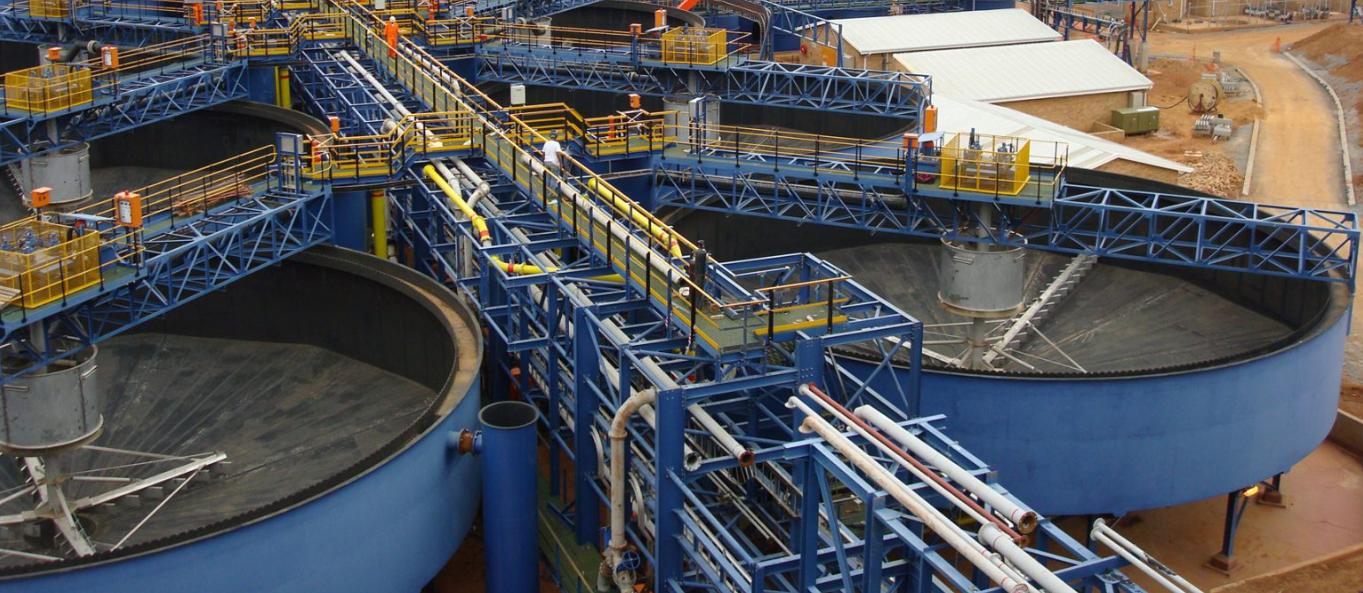
In modern industries, maintaining efficiency and cleanliness is paramount. Whether in mining, manufacturing, or water treatment, filtration solutions play a critical role in ensuring smooth operations, optimising resource usage, and meeting regulatory standards. These solutions not only improve product quality but also contribute to sustainability by reducing waste and enabling water recycling.
How Filtration Works
Filtration is the process of separating solids from liquids or gases using physical barriers or chemical processes. This can be achieved through various techniques, depending on the industry and specific requirements:
- Mechanical Filtration: Uses physical barriers like meshes, screens, or membranes to trap solid particles while allowing clean fluid to pass through.
- Chemical Filtration: Involves chemical treatments that bind to contaminants, making them easier to remove.
- Centrifugal Filtration: Utilises high-speed rotation to separate particles based on density, commonly used in industrial and mining applications.
These methods can be used individually or in combination to enhance efficiency and achieve the highest level of purity.
The Importance of Filtration in Industrial Processes
Filtration is indispensable in various industries due to its ability to improve operational efficiency and environmental responsibility. Here are some of its key benefits:
- Enhanced Productivity: Removing impurities prevents equipment damage and blockages, ensuring uninterrupted operations and reducing downtime.
- Regulatory Compliance: Many industries must adhere to strict environmental and safety regulations. Effective filtration helps meet these standards by removing harmful contaminants.
- Resource Optimisation: By refining raw materials and purifying liquids or gases, industries can maximise resource use and reduce waste.
- Sustainability and Cost Savings: Cleaner processes result in less waste disposal, lower maintenance costs, and improved energy efficiency.
In sectors like mining and manufacturing, advanced separation equipment is often integrated with filtration systems to further refine materials and optimise production.
Applications of Filtration Solutions
Filtration is used across multiple industries for diverse applications:
- Mining and Mineral Processing: Ensures water clarity and removes fine particles, aiding in metal and mineral recovery.
- Pharmaceuticals and Food Production: Guarantees product purity by eliminating unwanted substances from liquids and air.
- Water Treatment and Recycling: Removes contaminants to provide clean, reusable water for industrial and municipal use.
- Oil and Gas: Enhances the quality of fuels and lubricants by extracting impurities that could affect performance.
With industries under increasing pressure to improve efficiency and sustainability, filtration solutions have become essential to modern operations. By investing in high-quality filtration systems, businesses can enhance productivity, reduce costs, and meet stringent environmental regulations. As technology continues to evolve, filtration will remain a cornerstone of cleaner, more efficient industrial processes.
